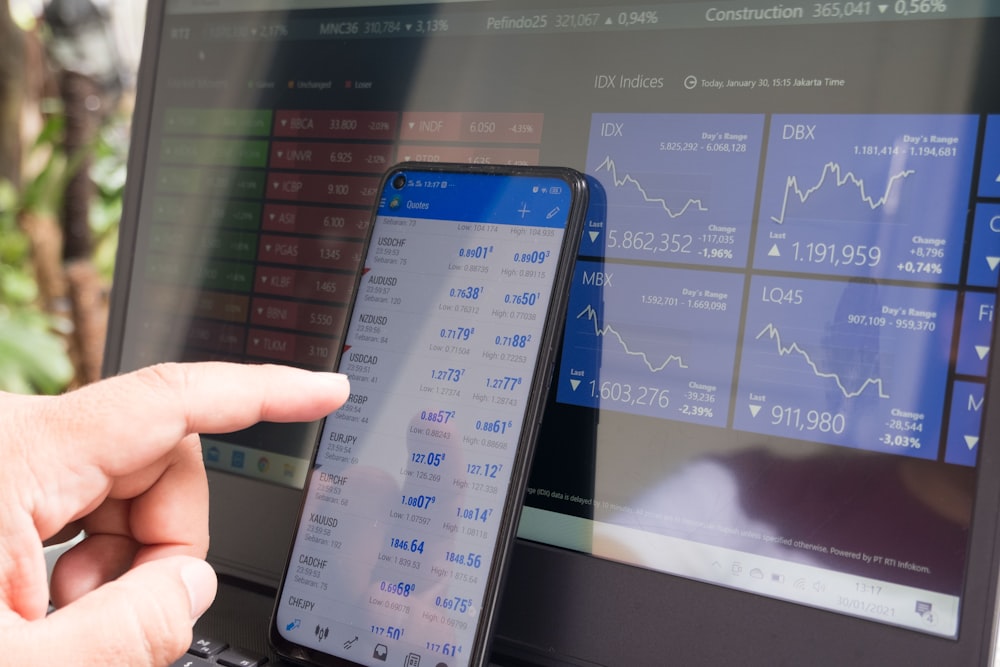Stock Splits Surge: Walmart’s Bold Move And Market Impact
Image Source: Unsplash
The path to the record highs seen in 2024 by the Dow Jones Industrial Average, S&P 500, and Nasdaq Composite has been anything but straightforward. The past decade’s financial narrative has been marked by dramatic swings between bear and bull markets, reflecting a period of significant volatility and unpredictability. This turbulent journey underscores a dynamic financial market period characterized by rapid investor sentiment and strategy shifts.
In the face of mounting uncertainty, investors, both professional and retail alike, often seek refuge in the stability and historical performance of leading companies. The appeal of “FAANG stocks” over the last decade is a testament to this trend. However, the past three years have seen a notable shift towards an interest in companies undertaking stock splits. Despite being a cosmetic maneuver—adjusting share price and count without affecting market capitalization or operational performance—stock splits have attracted attention for their role in making shares more accessible or, in the case of reverse splits, maintaining listing status on exchanges.
Walmart’s (WMT) recent announcement of its first stock split since 1999 exemplifies this trend. The move, aimed at making share ownership more feasible for over 400,000 associates, signals a strategic push to broaden investment in the company’s future. However, with the stock trading at 23 times forward-year earnings amidst a backdrop of slowing growth and inflationary pressures, Walmart’s current valuation presents a nuanced opportunity for investors.
Market Opportunities: Broadcom and Meta Platforms
Broadcom (AVGO) and Meta Platforms (META) emerge as compelling alternatives as investors navigate this landscape. Broadcom’s foray into AI, highlighted by its Jericho3-AI chip, positions it at the forefront of technological innovation. This advancement is crucial for powering generative AI solutions and large language models, marking the company as a leader in the semiconductor industry despite its high share price and lack of recent stock splits.
Meta Platforms, on the other hand, distinguishes itself with its unmatched social media presence. Facebook is the most-visited social site. Furthermore, the combined Monthly Active Users (MAU) across its platforms is nearing four billion. Consequently, Meta’s advertising prowess and market positioning are unparalleled. Unlike Walmart, which faces growth challenges due to inflation, Meta thrives in digital spaces. This dominance provides a strong case for investment. Moreover, a stock split could further enhance its accessibility to investors.
As the financial markets continue to evolve, the strategies and stocks that attract investor attention will invariably shift. The recent focus on stock splits underscores a broader trend towards accessibility and inclusion in investment opportunities. Companies like Broadcom and Meta Platforms not only offer promising growth prospects but also embody the changing dynamics of market participation. As we move forward, understanding these trends will be crucial for navigating the investment landscape of tomorrow.
More By This Author:
Bitcoin Dips to $65,525 Amid Investor Caution
Ethereum Restaking: The Future Bedrock And Its Hidden Risks
Understanding Commodities In Today’s Economy
Disclaimer: Information on this article contains forward-looking statements that involve risks and uncertainties. Markets and instruments profiled on this page are for informational purposes ...
more



